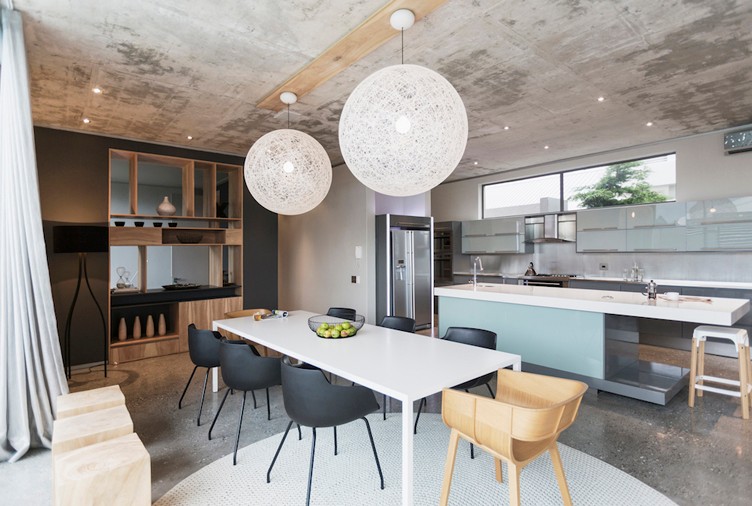Your Guide to Buying a Home with a Swimming Pool in Australia
For those considering purchasing a home for sale with a swimming pool, understanding the benefits, responsibilities, and market trends is essential.
In recent years, a notable trend in the housing market has been houses selling for more than their initial asking price. This phenomenon has become increasingly common across various regions, prompting both excitement and concern among homeowners, prospective buyers, and industry experts alike. This article delves into the underlying, possible reasons behind houses selling for more than asking price.
One of the fundamental drivers behind houses selling for more than asking price is the imbalance between supply and demand. In many areas, there is a shortage of housing inventory relative to the number of buyers looking for homes. This imbalance creates a competitive environment where multiple buyers may bid up prices in an effort to secure a property.
Periods of economic stability or growth often coincide with increased consumer confidence and willingness to invest in property. Buyers may perceive real estate as a stable investment compared to other assets, driving up demand and consequently, prices.
When multiple buyers express interest in the same property, competitive bidding can drive prices, leading to houses selling for more than asking price. Buyers may escalate their offers to outbid competitors and secure the property, particularly in desirable neighbourhoods or during periods of high demand.

The fear of missing out (FOMO) can influence buyer behaviour, prompting them to make aggressive offers to avoid losing out on a property they perceive as ideal. This psychological factor can intensify bidding wars and contribute to houses selling for more than asking price.
Properties that are well-presented, in sought-after locations, or those that come with unique features may be perceived as offering exceptional value. Buyers may be willing to pay a premium for properties that align closely with their preferences or long-term investment goals.
Some sellers intentionally set asking prices below market value to attract multiple offers and create a sense of urgency among buyers. This tactic, known as underpricing, aims to stimulate competitive bidding and can result in houses selling for more than asking price.
The timing of a property sale within the broader market cycle can significantly influence whether a property sells for more than the asking price. In a seller’s market, where demand outstrips supply, sellers are more likely to receive competitive offers and achieve higher sale prices.
Real estate agents play a crucial role in advising sellers on pricing strategies, managing offers, and negotiating terms with potential buyers. Their expertise can help sellers navigate competitive bidding scenarios and maximise the final sale price of their property.
For prospective buyers, the trend of houses selling for more than asking price can present affordability challenges. Higher purchase prices may require larger down payments or strain monthly budgets, particularly for first-time buyers or those with limited financial flexibility.
When a property sells for more than the asking price, buyers relying on mortgage financing may encounter appraisal challenges. Lenders typically appraise properties to ensure they justify the loan amount, which can complicate financing if the appraised value falls short of the sale price.
The sustainability of houses selling above asking price over the long term is a topic of ongoing debate among housing market analysts. Factors such as future interest rate changes, economic conditions, and housing supply dynamics will influence whether this trend persists or adjusts over time.
The phenomenon of houses selling for more than asking price reflects the complex interplay of economic factors, market dynamics, and buyer behaviour within the housing market. While favourable economic conditions and competitive bidding contribute to higher sale prices, sellers and buyers must navigate challenges such as affordability concerns and market uncertainties.
Understanding these dynamics is crucial for making informed decisions whether buying, selling, or investing in residential property in today’s dynamic housing market. As the market continues to evolve, monitoring these trends will provide valuable insights into the broader implications for homeownership and real estate investment strategies.
For those considering purchasing a home for sale with a swimming pool, understanding the benefits, responsibilities, and market trends is essential.
When engaging in a property transaction in Australia, one of the crucial documents you’ll encounter is the Section 32 statement. Here’s what you need to know.